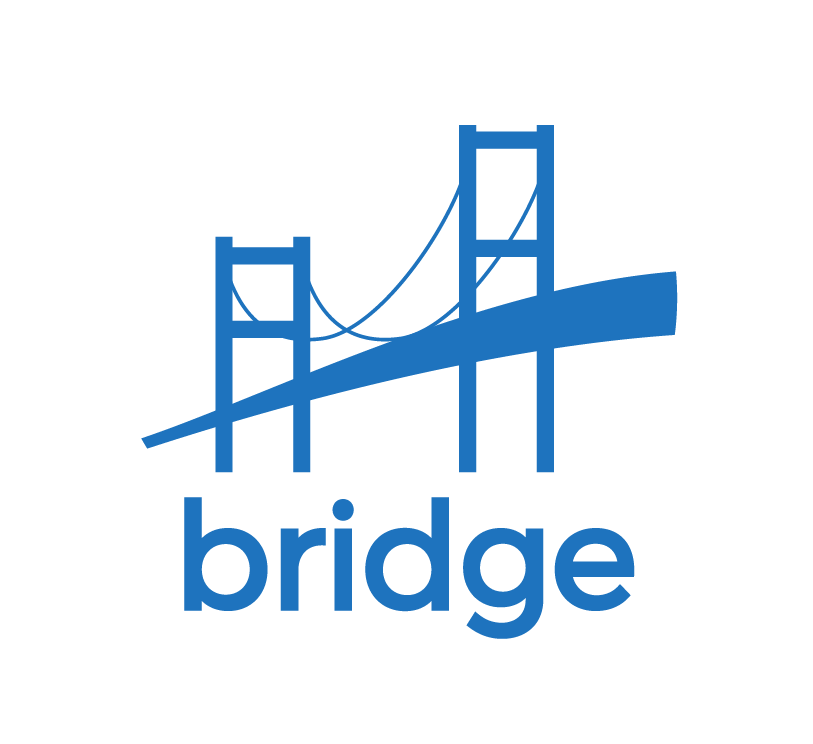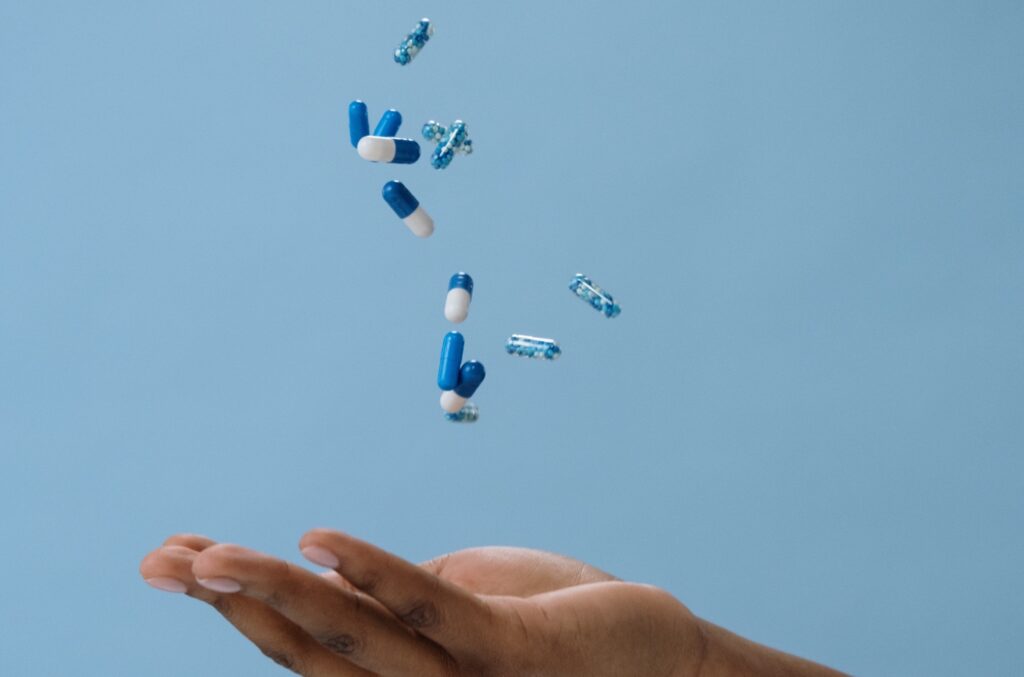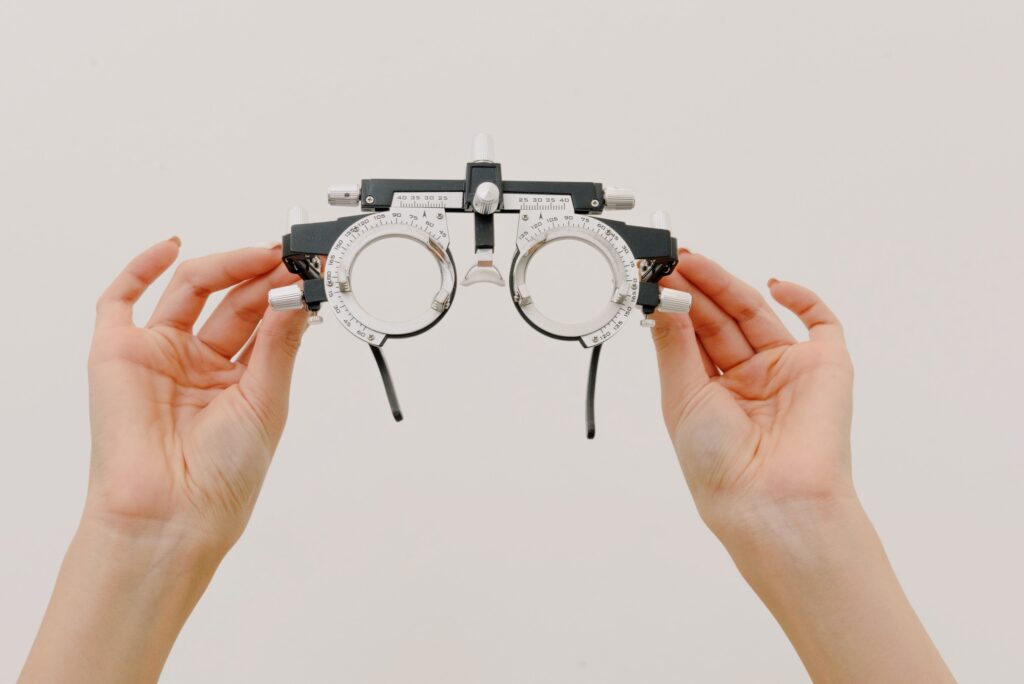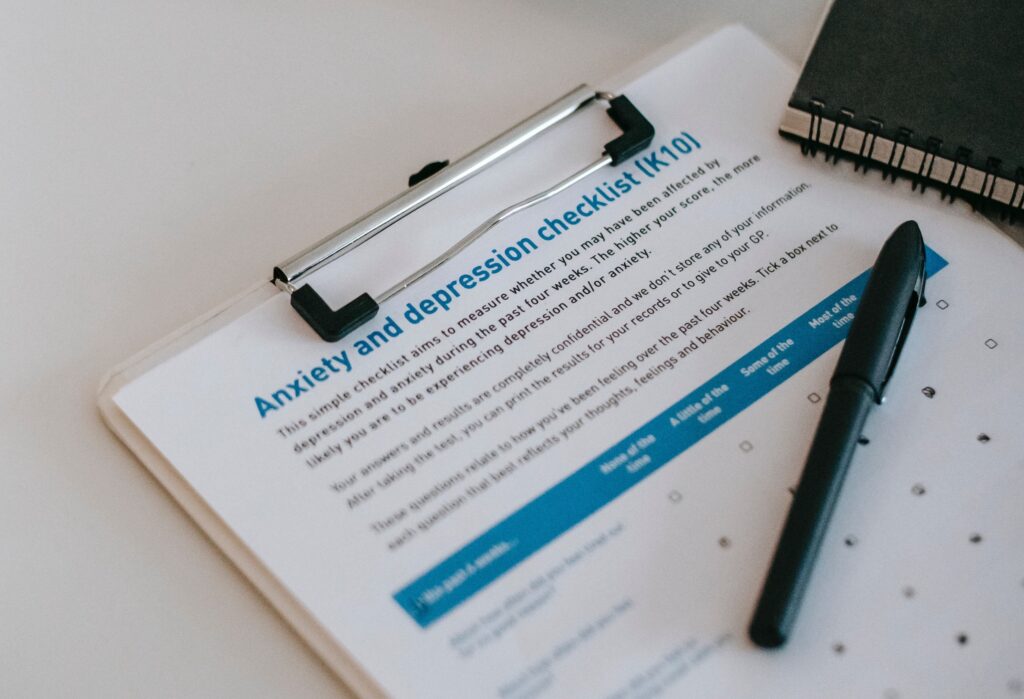“Ecstacy”? “Molly”? They weren’t always just around to party. Researchers started to test MDMA for mental health difficulties in the 1970s. Testing stopped when the drug became illegal in the early 1980s. But research in the past 15 years has begun to show strong support for using MDMA for PTSD treatment. It may even soon lead to FDA approval.
A recent multisite treatment study has pushed this research support even further. The study found that using MDMA along with a psychotherapy treatment designed for use with the drug improved outcomes compared to that psychotherapy alone. MDMA more effectively decreased PTSD symptoms, decreased degree of symptom relapse, improved functional impairment, and demonstrated low dropout relative to studies of other effective treatments.
So why does MDMA seem to work for PTSD? First, it appears break the association of fear that forms with traumatic memories. It also helps extinguish fear more quickly when traumatic memories arise. Second, it has effects similar to psilocybin in that it appears to facilitate new learning and openness to possibility. This openness improves one’s ability to entertain and buy-in to other explanations for events occurring (e.g., “The event occurred because scary things can happen, not because it was my fault.”).
Pros: This study brings this treatment option closer to FDA approval, which can only increase our treatment options. The necessary counseling component may also help bridge a gap between counseling and psychiatry providers. A treatment dose of MDMA also assures safety because it is much lower than a typical “party dose”. Additionally, treatment tested in this research consists of fewer sessions compared to other modes of PTSD treatment.
Limits: There is still little evidence regarding long-term side effects of MDMA for PTSD. Research also has yet to directly test MDMA against prolonged exposure or cognitive processing therapy (CPT) to know how it compares to our most effective treatments.
This “party drug” may actually help a lot of individuals feel like they can find enjoyment. That is, it could add to our methods for helping individuals be less encumbered by PTSD. They can then be freed-up to pursue greater enjoyment and meaning.














